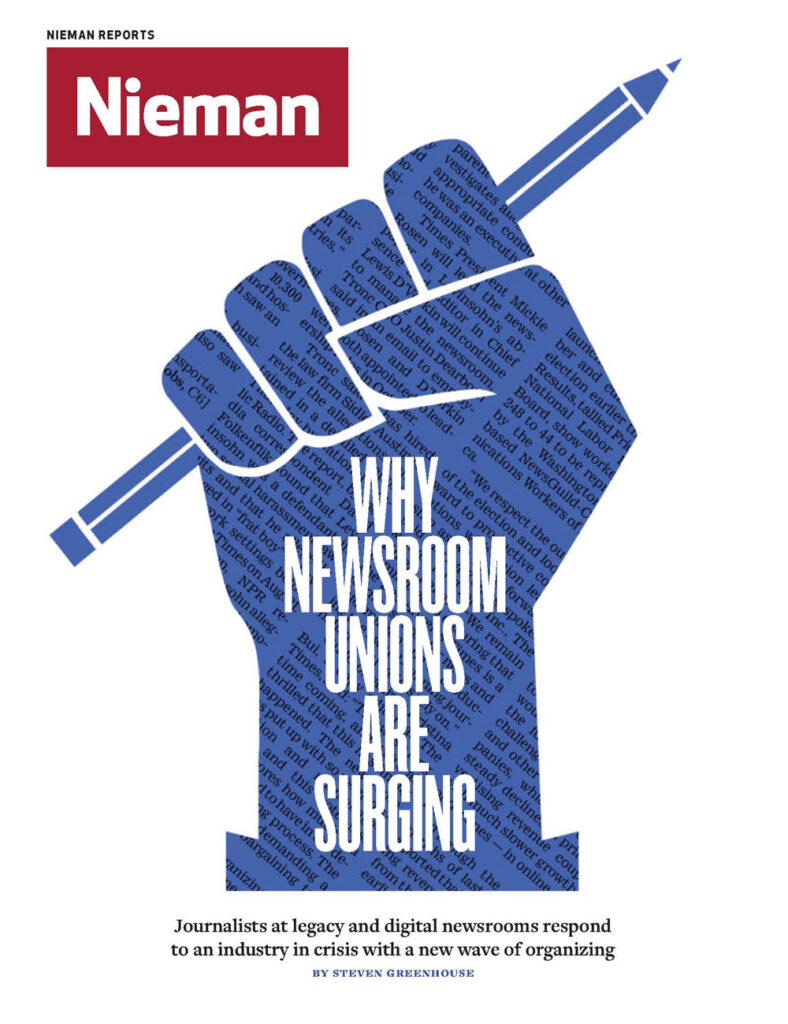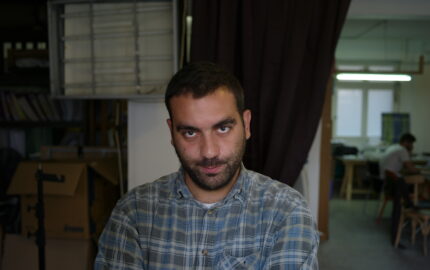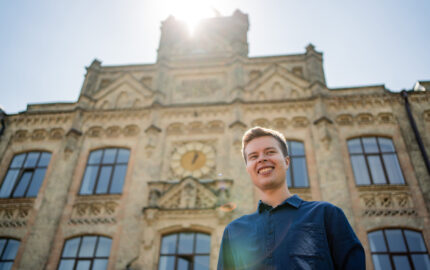That is the story of my grandmother, my father’s mother, Hamako Nohara.
She died at the age of 86 in January 2006, when I was learning the ropes on my first reporting job at The Herald in Everett, Washington. I was too busy writing about strangers in the U.S. to be up to date on my family in Japan, my mother country.
By the time I traveled back to my parent’s place in Yamaguchi, a prefecture in western Japan, her funeral was over. My parents apologized for not having told me that she had been hospitalized for a broken leg. They had expected her to recover and didn’t want to worry me. But her chronic liver problem got worse fast, and she died.
Her death devastated my parents. I remember how small and fragile they looked. My father, a truck driver with thick forearms, openly said he was lonely. That surprised me as he rarely talked about his emotions. He talked about his mother’s story, parts of which I had never heard.
My grandmother grew up in a rural town in Yamaguchi as the oldest of six siblings. She was the best student among them. Her parents kept her test scores while tossing out the others. She used to walk several miles to school wearing sandals made of rice straw despite getting frostbite. She loved studying and dreamed about becoming a teacher.
But World War II took everything from her—her dreams, her home, and her husband. She became a widow with two children too small to remember anything about their father. They moved from one relative’s place to another and at one point lived in a place that was more like a horse shed than a house. My grandmother held various jobs including construction and suffered tuberculosis, but she persevered to build a better life for her children and her grandchildren, including me.
My father recounted an event to me. One day when he was small, he was taking a walk with his mother along the river in our hometown. He remembers her stopping and asking him: “Shall we jump off from here?”
He got so scared, but spoke up. “No, I don’t want to,” he shouted.
She listened to him and decided to live.
When she was alive, I took my grandmother for granted. When I was a boy, she used to tell me and my brother to study all the time. I didn’t know why she was so passionate about education. I got to know why after she died.
As I gained more experience as a journalist, I got to appreciate her story more because it was so typical back then and therefore resonated with hundreds of thousands of other war widows. Her story was Japan’s story.
I regretted not fully knowing the sacrifices she’d made and not asking her questions to get her story. I should’ve asked how she felt when I moved in 2000 to America, her former enemy, to become a journalist. I should’ve asked why she never badmouthed America or Americans. I should’ve known about the event along the river. I should’ve thanked her for her perseverance.
I’ve tried to reconstruct the riverside scene over and over in my mind. So much so, I realized, that it affected my work as a journalist during my remaining time at The Herald and at Bloomberg News in Tokyo, where I have worked since 2009.
I am old school in terms of not putting myself in a story, but I can’t fool myself about what kind of stories I care about most and report and write with my heart. I have taken pride in writing about a Japanese-American and his twin brother who fought for the U.S. after being sent to an internment camp, a problematic foreign worker program in Japan, and the plight of Japanese single mothers and their children.
My Nieman year gave me time to pause and reflect on my career. I asked myself simple questions: Why am I drawn to those stories when nobody is telling me to do them? Why do I think a data analysis and interviews with experts and policymakers are not enough for an enterprise story? Why do I feel compelled to report on the ground and listen to people?
As I searched for answers, I thought about the riverside scene and I tried to imagine once again what it was like for my grandmother to survive after the war.
I realized I’ve been trying to capture stories like hers, stories about ordinary people who are left behind to struggle due to greater forces. I believe that a truth, if not the truth, exists in everyday moments and the struggles of those people. And the only way to get such a truth is to get out of the newsroom and report with all my senses and my heart.
I am glad I interrogated my motives as a journalist. I see my own path going forward with more clarity. And I thank my grandmother for that.



